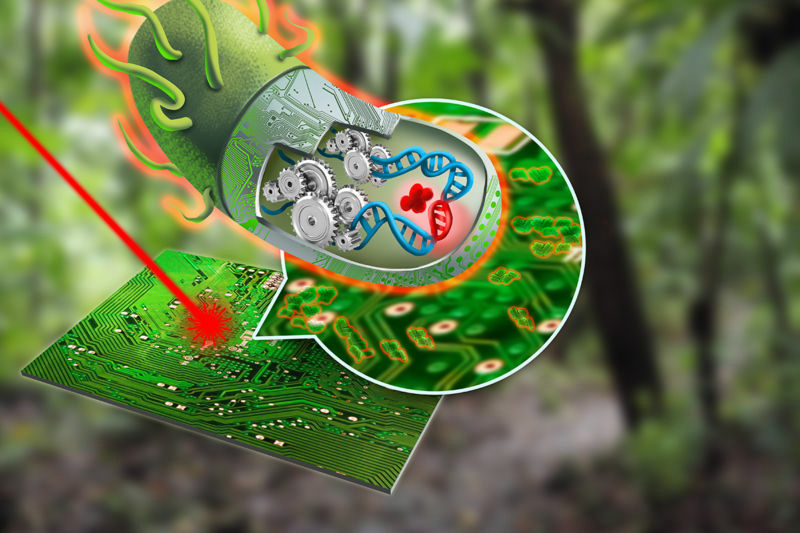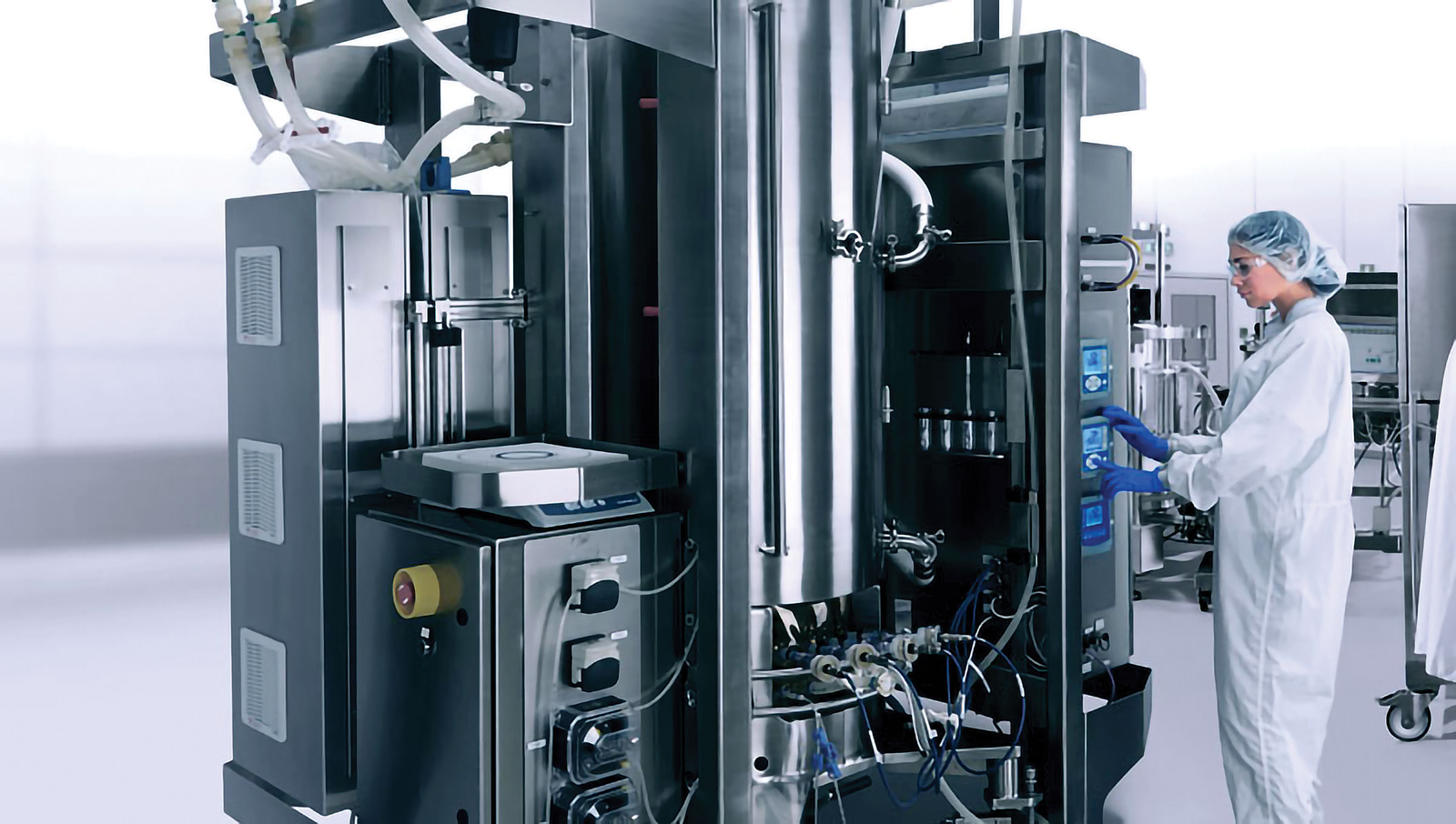The Future of Healthcare: 10 Advances in Biotechnology to Watch

Biotechnology is the use of living organisms, systems, or processes to develop and improve products or services. Advances in biotechnology have revolutionized the healthcare industry, with the development of new treatments and cures for diseases. In this article, we will explore the latest advances in biotechnology and how they are changing the world.
1) Gene Editing

Gene editing is a technique that allows scientists to modify DNA within living cells. It has the potential to treat genetic diseases by correcting faulty genes, as well as to create new traits in plants and animals. The most popular technique used for gene editing is CRISPR-Cas9, which allows precise editing of DNA. Researchers are exploring the use of gene editing to treat conditions such as sickle cell anemia, cystic fibrosis, and Huntington’s disease.
2) Synthetic Biology

Synthetic biology is the design and construction of new biological parts, devices, and systems. It has the potential to revolutionize medicine and agriculture by creating new ways to diagnose and treat diseases, as well as to produce food and other products. Scientists are using synthetic biology to create new drugs, develop new types of vaccines, and engineer new types of crops.
3) Bioprinting

Bioprinting is a technology that uses 3D printing to create living tissue and organs. It has the potential to solve the organ shortage crisis by producing organs for transplant, as well as to create tissue for drug testing and other research purposes. Researchers are exploring the use of bioprinting to create tissues such as skin, cartilage, and bone.
4) Personalized Medicine

Personalized medicine is the practice of tailoring medical treatment to the individual characteristics of each patient. It has the potential to improve the effectiveness of treatments and reduce the risk of adverse reactions. Advances in biotechnology are making personalized medicine a reality, with the development of new diagnostic tools that can identify the genetic markers of diseases and the development of targeted therapies.
5) Artificial intelligence

Artificial intelligence is the use of computers to perform tasks that typically require human intelligence. It has the potential to revolutionize biotechnology by enabling scientists to analyze large amounts of data and identify patterns and insights that would be difficult or impossible to detect by traditional methods. Researchers are using artificial intelligence to develop new drugs, design new therapies, and improve the efficiency of clinical trials.
6) Biosensors

Biosensors are devices that detect biological molecules and other substances in the body. They have the potential to revolutionize healthcare by enabling the early detection of diseases and the monitoring of treatment effectiveness. Researchers are developing biosensors that can detect a wide range of substances, including cancer biomarkers, pathogens, and environmental toxins.
7) Nanobiotechnology

Nanobiotechnology is the use of nanotechnology in biotechnology. It has the potential to revolutionize medicine by creating new ways to diagnose and treat diseases. Researchers are developing nanoparticles that can target specific cells and deliver drugs directly to the site of the disease. They are also using nanotechnology to develop new imaging techniques that can provide detailed images of the body’s internal structures.
8) Gene Therapy

Gene therapy is the use of genes to treat or prevent disease. It has the potential to cure genetic diseases by replacing or modifying faulty genes. Researchers are exploring the use of gene therapy to treat conditions such as muscular dystrophy, cystic fibrosis, and sickle cell anemia. They are also developing new ways to deliver gene therapy, such as using viruses to deliver genes to cells.
9) Bioreactors

Bioreactors are devices that use living cells to produce products such as drugs, food, and fuel. They have the potential to revolutionize the production of these products by making the process more efficient and environmentally friendly. Researchers are developing bioreactors that can produce a wide range of products, including biofuels, bioplastics, and even meat substitutes.
10) Microbiome Research

The microbiome is the collection of microorganisms that live in and on the human body. Advances in biotechnology have allowed researchers to study the microbiome in-depth, revealing its importance in maintaining health and preventing disease. Researchers are exploring the use of microbiome research to develop new therapies for conditions such as inflammatory bowel disease, obesity, and diabetes.
In conclusion, advances in biotechnology are transforming the healthcare industry and changing the way we live our lives. From gene editing to microbiome research, the potential of biotechnology is limitless. As research continues to advance, we can expect to see even more exciting developments in the years to come.
